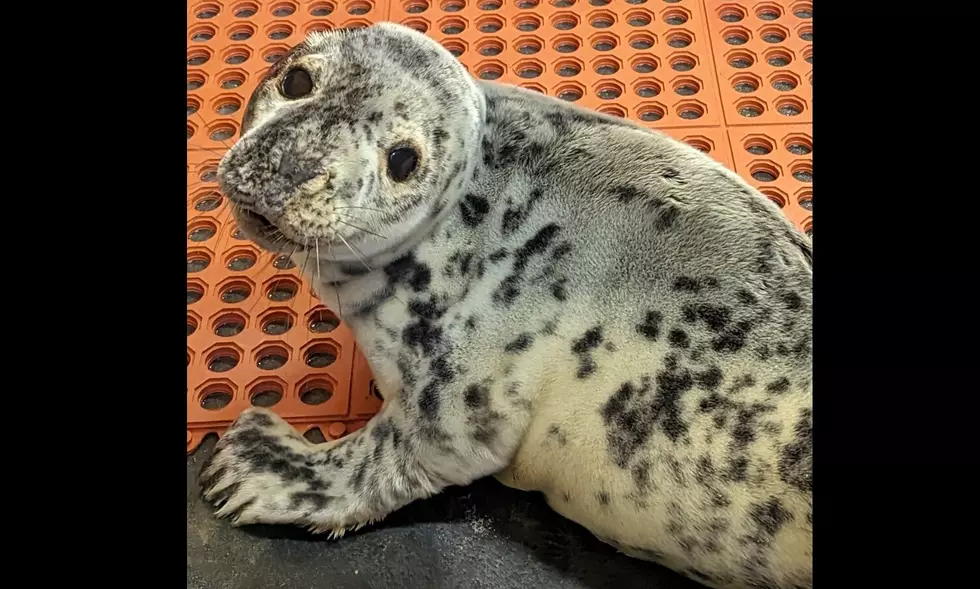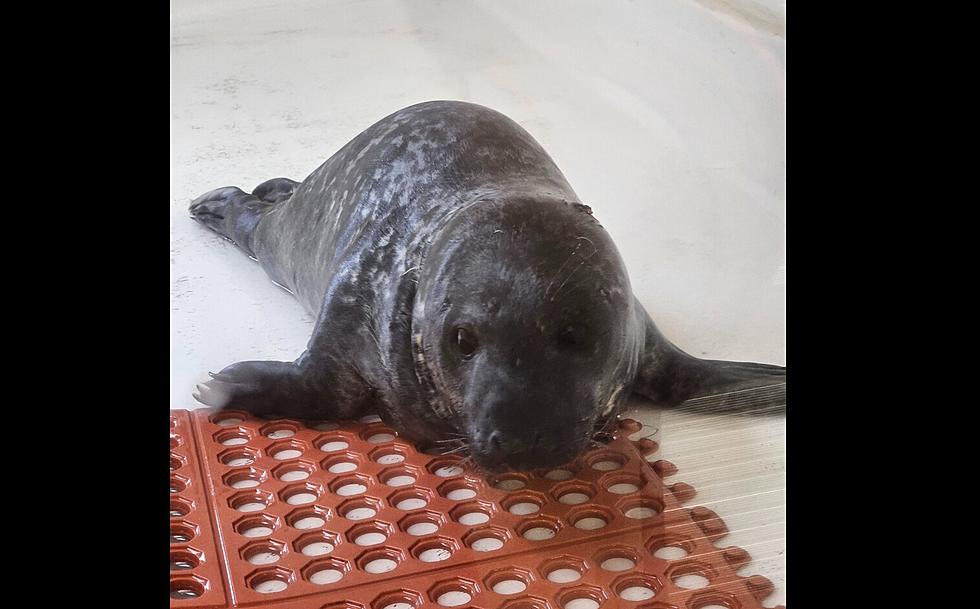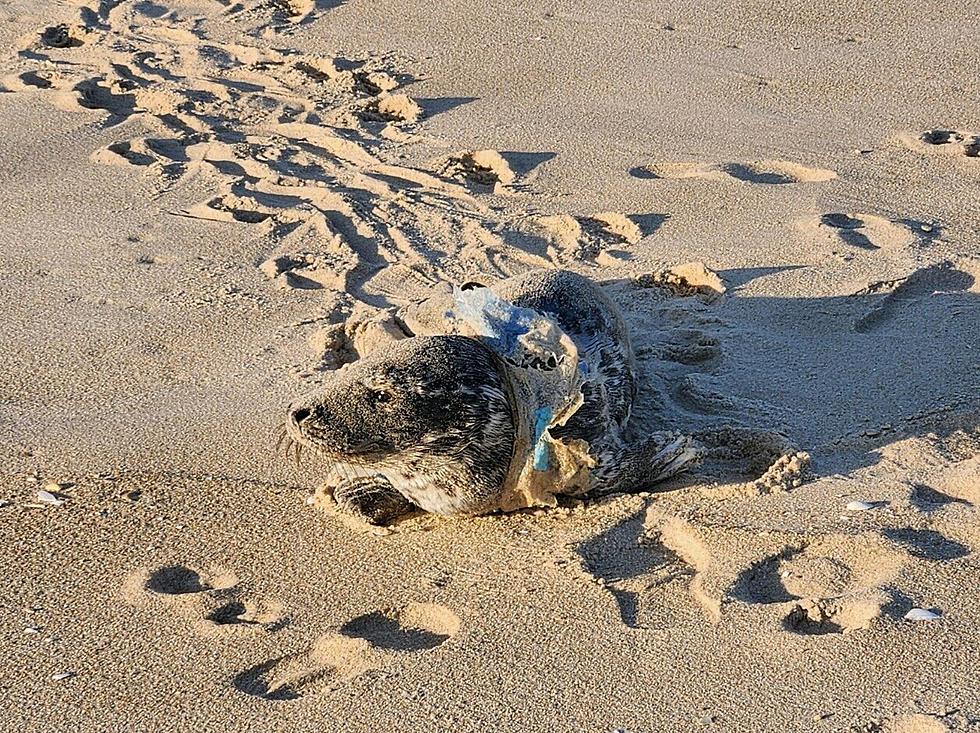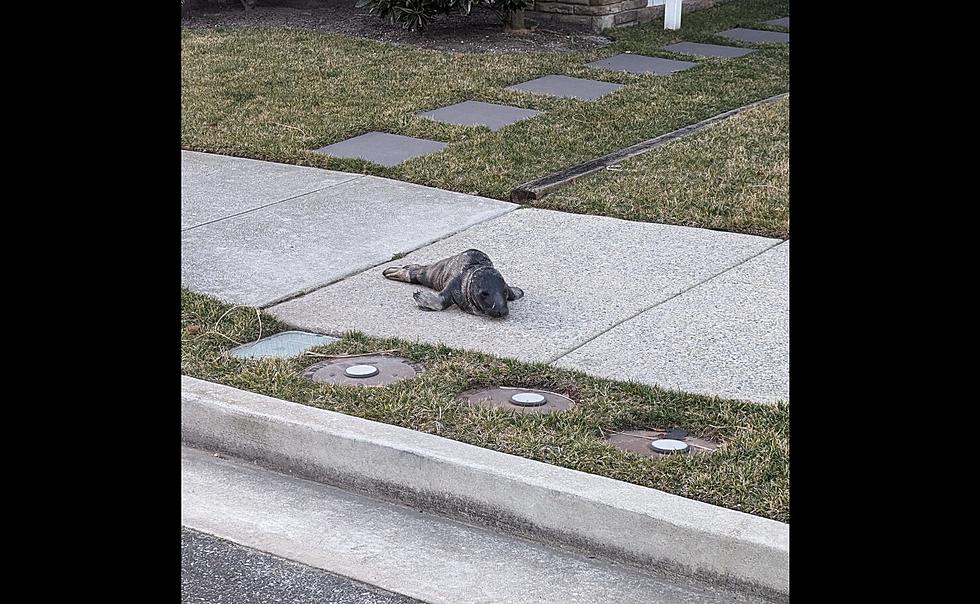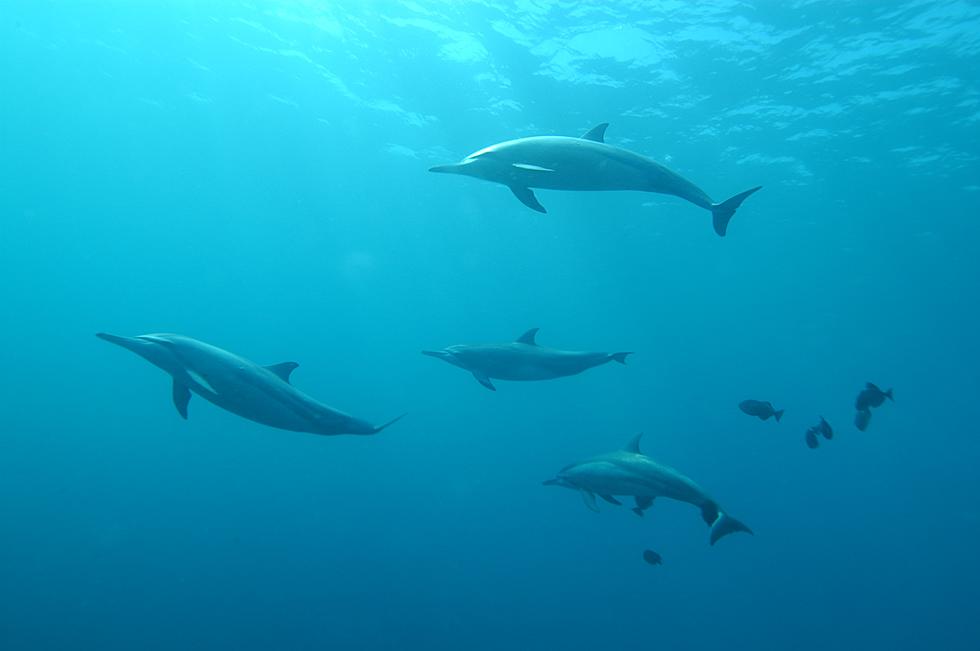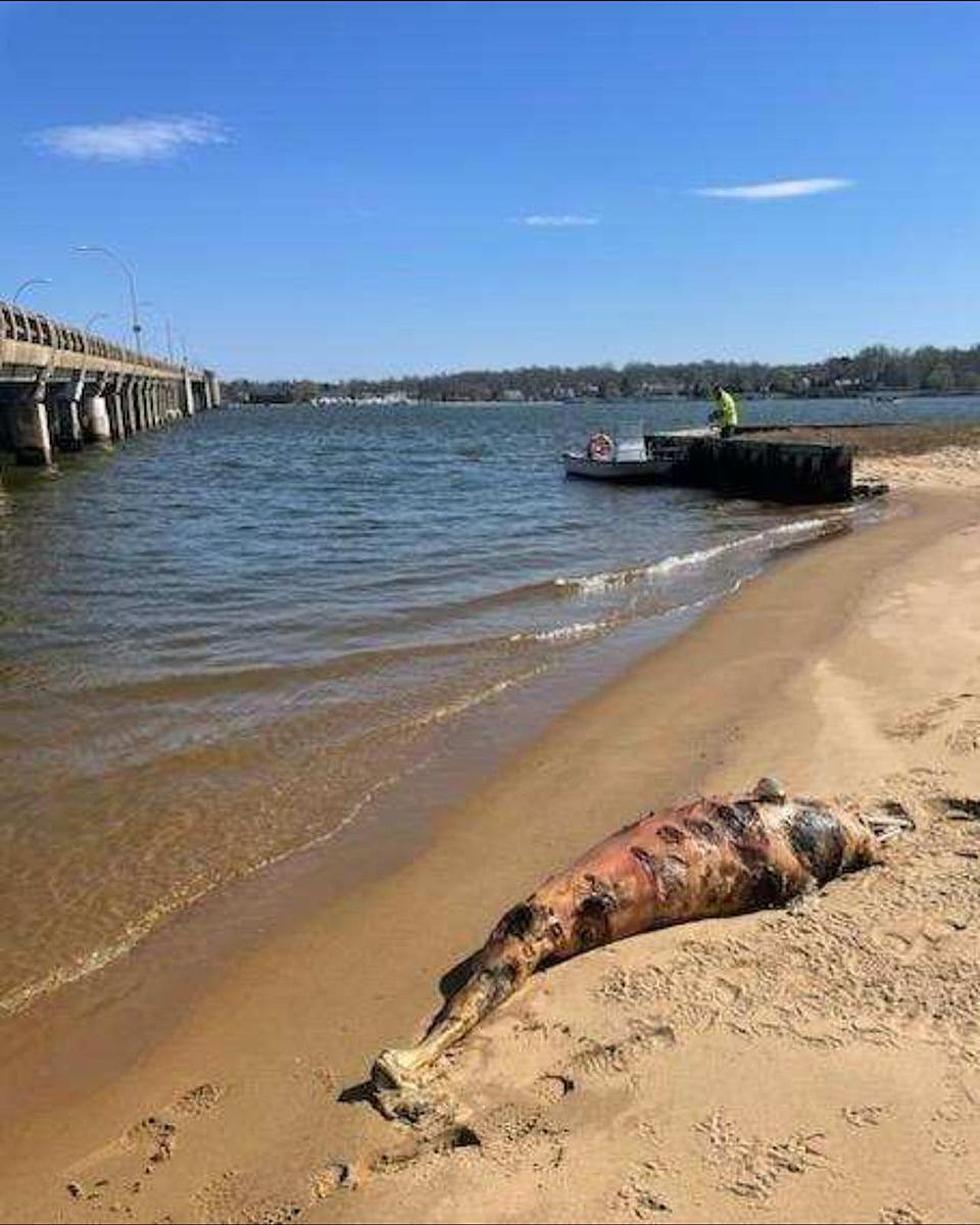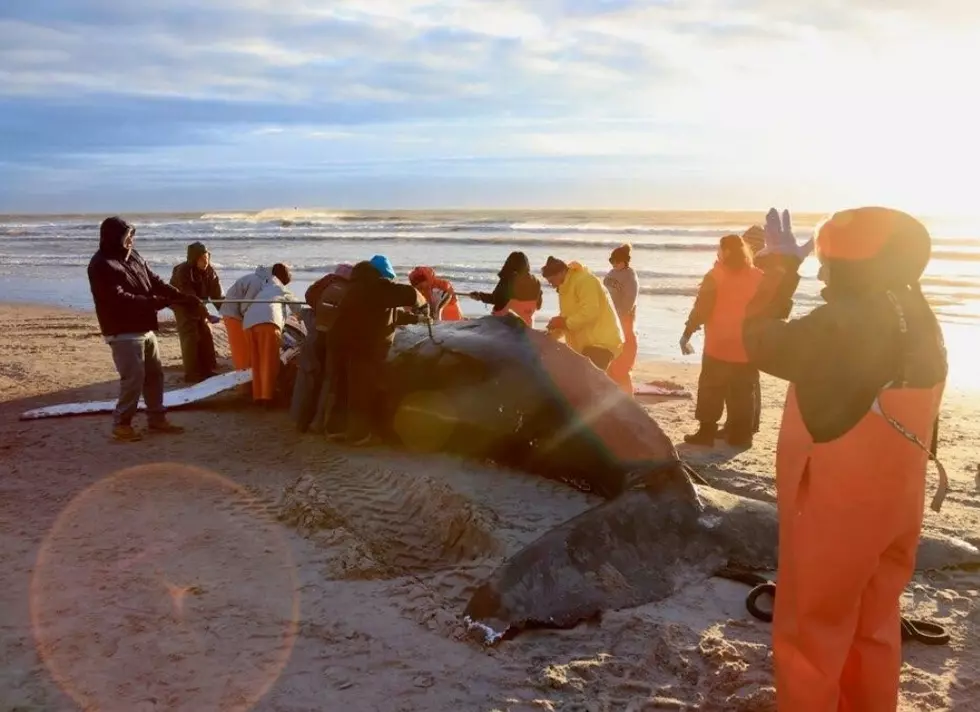
Cause of Death for Beached Whale in Brigantine Announced
Results of a necropsy conducted on the humpback whale that washed up in Brigantine last week indicate that the whale died due to blunt force trauma most likely caused by a vessel strike.
That conclusion was announced Sunday by the Marine Mammal Stranding Center, which was part of the necropsy team.
In a release on Facebook, the Marine Mammal Stranding Center said that 36 people, including about 25 stranding network members from MMSC, AMCS, Mystic Aquarium, and MERR Institute, were on hand Sunday to conduct a necropsy on the 32 ft, 12-ton humpback whale that washed up on Brigantine's north end on Thursday.
Preliminary results based on observations during the necropsy suggest that the whale suffered blunt trauma injuries consistent with those from a vessel strike. Injuries and hemorrhaging were observed on the head and thoracic region, as well as along the right side and the pectoral flipper. These findings will be confirmed through laboratory analysis in the coming weeks. Blubber thickness indicated that the whale was in good condition. The whale’s stomach was full of partially digested fish and there was fecal matter in the intestines, indicating the whale had been actively feeding prior to these injuries.
The MMSC said the necropsy team worked under difficult conditions, with high winds and near-freezing conditions to complete their work.
The team's conclusion is that the whale's death was not connected to offshore wind activities, a popular theory recently as a spike of whale strandings and deaths have occurred in South Jersey in December and January.
Although there has been speculation about whether these whale deaths are linked to wind energy development, at this point no whale mortality has been attributed to offshore wind activities. We will continue to gather data and go where the science leads us.
The MMSC statement cautions that there are a high number of large whales in the waters off New Jersey, likely attracted by small fish that are also attracting stripers.
Boaters are being advised to go slowly (less than 10 knots) and keep a lookout for whales. There is currently a voluntary slow zone in effect for the waters off New York and New Jersey.
Comparing the Most & Least Expensive Homes For Sale in Cape May
The Most Amazing Donuts in South Jersey - Listener Picks
More From Lite 96.9 WFPG
